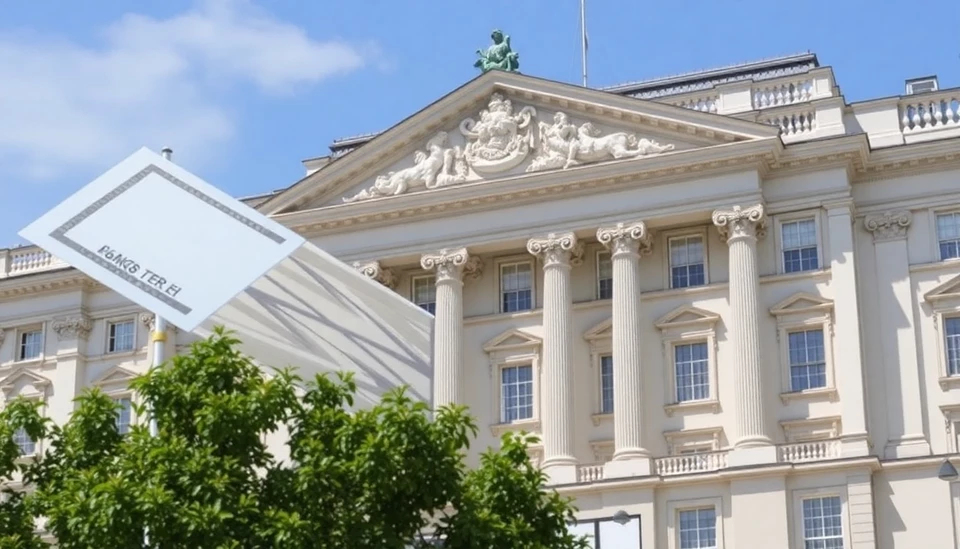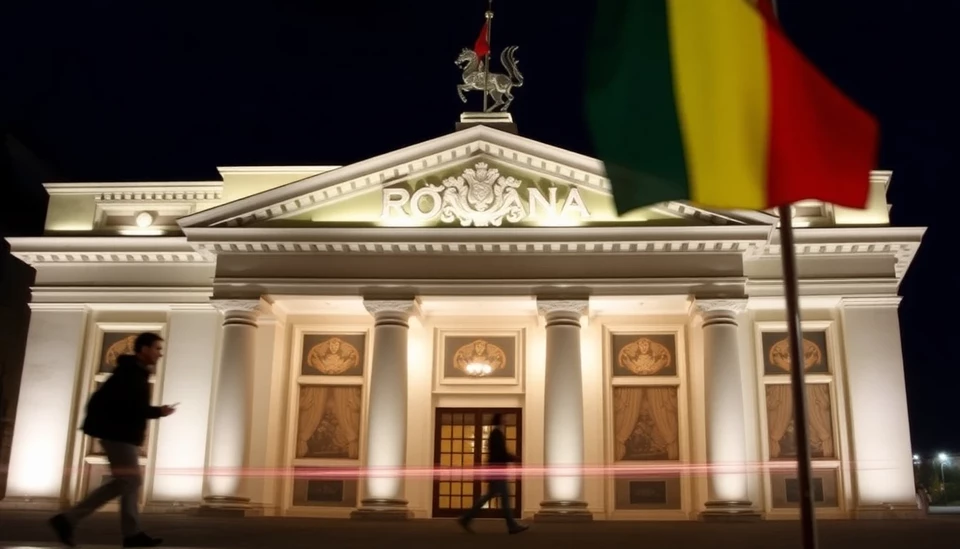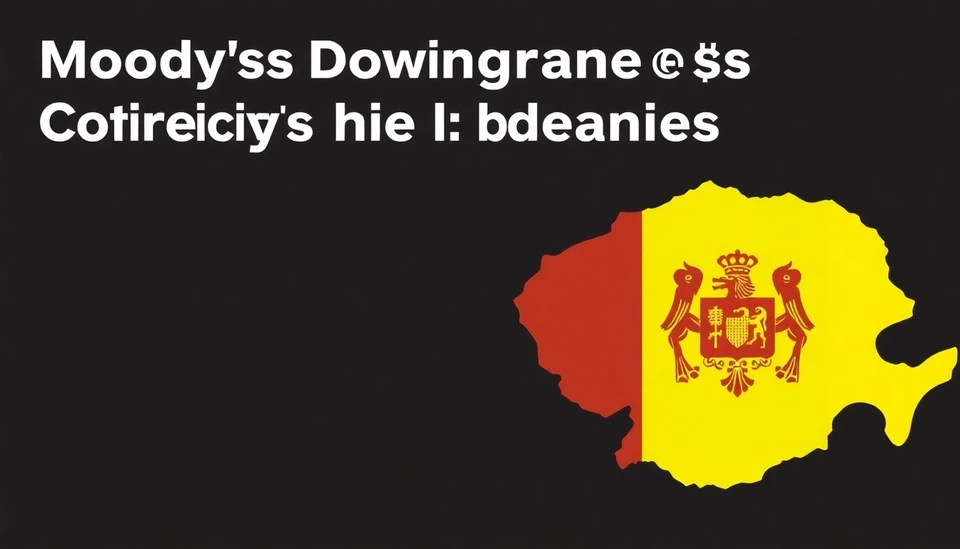
Recent financial analyses indicate that investors are increasingly optimistic about Romania's potential decision to relax its foreign exchange controls. This speculation comes in light of rising pressure from both domestic and international economic factors, which are prompting the government to reconsider its strict currency regulations.
Romania's stringent foreign exchange policies have been a mainstay of its economic strategy since implementing measures to stabilize the national currency. However, as economic circumstances evolve, there is growing uncertainty about the sustainability of these controls. Economists and market analysts suggest that external influences, including global economic trends and regional developments, are contributing to a more favorable outlook for investors looking to engage with the Romanian market.
Investment analysts are closely monitoring the currency dynamics and fiscal health of Romania, particularly in anticipation of government actions that may shift its approach to forex policies. Observers note that Romania’s current economic environment, characterized by moderate growth and rising inflation, could prompt authorities to adopt more flexible financial practices, thereby providing investors with greater access to the currency market.
Additionally, external pressures such as the European Union's economic directives may play a pivotal role in steering Romania towards potential policy shifts. The EU has expressed concerns regarding the rigidities imposed by Romania’s forex regulations, advocating for a more fluid economic framework that aligns with broader European integration goals. This advocacy suggests that Romania could soon face the necessity of reforming its currency practices to foster economic growth and investor confidence.
The evolving situation has generated a buzz among investors who perceive Romania as an emerging market with untapped potential. The lifting of currency restrictions could allow investors to navigate the Romanian financial landscape more freely, subsequently attracting foreign capital inflows and stimulating growth. Experts argue that a move towards more lenient forex controls would not only enhance Romania's investment appeal but also integrate it further into global markets.
As speculation mounts, stakeholders are expressing hope that the Romanian government will respond proactively to these economic pressures. Investors are keenly observing any signals from officials that might indicate a willingness to initiate reforms aimed at improving currency flexibility. Such changes could effectively reposition Romania as a more attractive destination for international investments.
In summary, the current investor sentiment reflects a growing belief that Romania is on the cusp of significant changes in its foreign exchange policies. The interplay between economic pressures and investor optimism suggests that the landscape of currency regulation in Romania may be poised for transformation, potentially leading to a more favorable investment environment.
#Romania #ForeignExchange #Investors #CurrencyControls #EconomicReform #MarketAnalysis #EUBenefits
Author: Laura Mitchell




